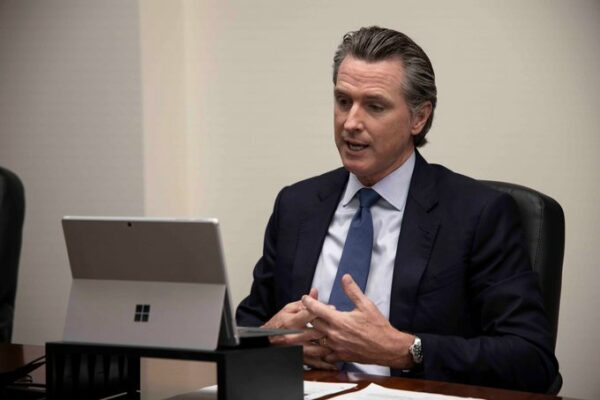During a tense exchange on CNN Monday, Democratic Representative James Clyburn of South Carolina reportedly acknowledged his support for federal court rulings compelling the Trump administration to spend Supplemental Nutrition Assistance Program (SNAP) funds during the government shutdown, despite Congress not appropriating the money.
The admission came during a panel discussion on CNN NewsNight hosted by Scott Jennings, highlighting ongoing debates over executive authority and congressional spending.
Jennings confronted Clyburn directly: “Do you believe a judge — do you believe, as a member of Congress, a judge can compel the executive to spend money that you haven’t appropriated?” Clyburn responded unequivocally, “Yes, I do. Yes, I do.” Jennings pressed, “Really?” prompting the congressman to reaffirm, “Yes.” The exchange underscored a growing tension between constitutional principles and political expediency.
The controversy stems from rulings by federal district judges ordering the Trump administration to fund SNAP benefits, despite the lack of legislative approval.
The Supreme Court intervened on Friday, allowing President Trump to avoid using contingency funds to provide the benefits, signaling limits on judicial overreach.
Jennings drew a broader constitutional point during the discussion, referencing the “No Kings” protests during Trump’s tenure: “I thought we didn’t want kings.” Clyburn replied, “Nobody wants kings.” Jennings pressed further: “They didn’t even want king for a day. I mean, that is literally a king: Spending money that is not appropriated?” Clyburn insisted, “The judge is not a king.”
The conversation highlighted the broader question of separation of powers. The Supreme Court has previously restricted lower court authority, limiting nationwide injunctions when it ruled in June that district judges had exceeded their power in a case involving Trump’s executive order on birthright citizenship.
Jennings noted, “You’re turning the president into one if he can spend without appropriation.” Clyburn countered, citing the existence of a “rainy day fund,” which he described as pre-appropriated and therefore exempt from the same constitutional concerns.
The exchange also included commentary from Ana Navarro, co-host of The View, but Jennings remained focused on the apparent inconsistency. “Look, you guys have been railing against Trump being authoritarian, having too much power, too much executive power,” he said. “And at the same time, Democrats have been arguing that he should go out and spend money that has not been appropriated this year by Congress.”
Meanwhile, the Senate moved forward with an amended continuing resolution on Monday, fully funding the Department of Agriculture, the Department of Veterans Affairs, and legislative functions, while keeping the remainder of the federal government operational through January 30, 2026.
While this measure brings a temporary end to the shutdown, the underlying debate over judicial authority and executive spending continues.
Clyburn’s remarks reflect a broader partisan tension over the balance of power in Washington, with Democrats defending court-ordered spending as necessary for social welfare programs, even as conservatives warn that allowing courts to compel the executive to spend unappropriated funds risks undermining the constitutional role of Congress in controlling the nation’s purse strings. The episode lays bare the challenges of governance when political principles collide with immediate policy concerns.
[READ MORE: Trump Warns Supreme Court Ruling on Tariffs Could Cost U.S. Trillions and Threaten National Security]








